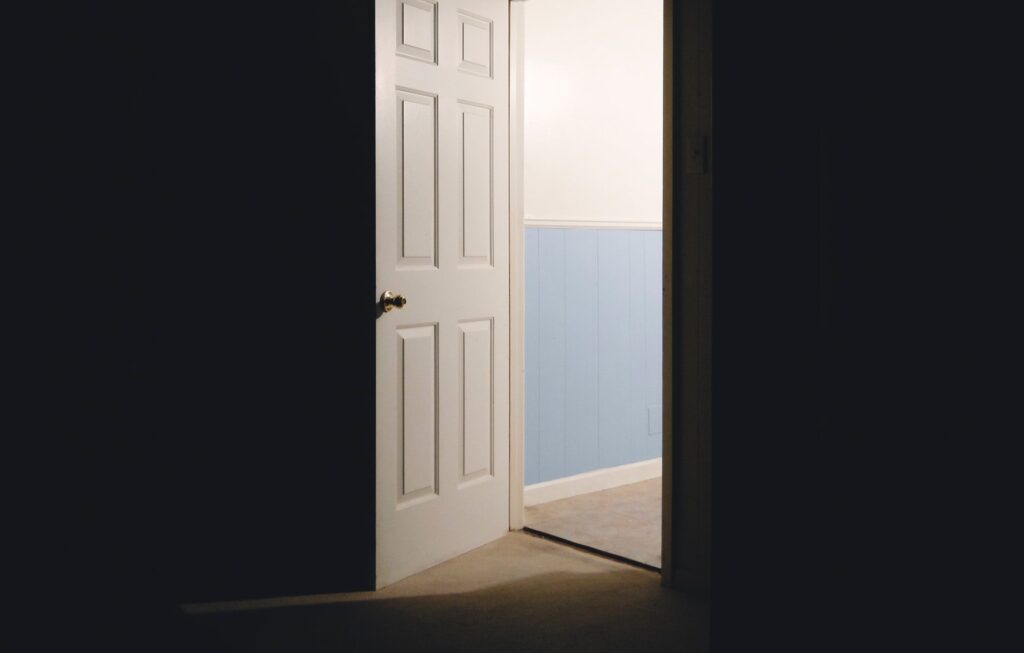On April 8, residents in the Pandemic Emergency Program for Medically Vulnerable People (PEP-V) at Holiday Inn on Rhode Island Ave. NW were called to a meeting, told the District has run out of permanent supportive housing vouchers, and that they would have to find a place by September when the program ends.
To Althea Thompson, one of the residents at the PEP-V site who has been waiting to be placed for permanent housing since she first entered the program in October, this news was a major disappointment.
“When you go to Google and you read about the PEP-V program, it says, when you leave from here you’ll be inside permanent housing,” Thompson said. “So that’s a lie.”
That is the program’s model: Residents stay until they are matched to housing. But due to the District’s housing shortage, matching PEP-V residents to permanent supportive housing has been slow going. In February, we reported that approximately 15 of the program’s more than 600 residents were being placed into housing each month.
The day after Thompson received this news, a similar meeting was held at another PEP-V site, the Hotel Arboretum. Resident Charner Snow did not receive an invitation to the meeting but her roommate did. Similarly, Thompson and her roommate were only informed that a meeting was in session when a friend called to ask why she wasn’t there.
“My roommate, she just turned 64 and she just got her voucher yesterday, so I don’t know what’s going on,” Snow said.
The Department of Human Services, who runs the program, did not deny that these instructions were given to residents and acknowledged that townhall meetings were being held with current PEP-V participants to provide updates about the program. In a statement to Street Sense Media, the agency said, “Given the scale of the PEP-V program, and that FEMA reimbursement is authorized until September 30, 2021, not all PEP-V participants will have attained housing once the program closes. Shelter beds will be available for anyone in need and residents will continue to receive housing intervention support even after the closing of the site.”
Housing vouchers running out in the District in the middle of the fiscal year may not align with information DHS provided to the D.C. Council for a performance oversight hearing in February. A DCist analysis of that information found that between October 2019 and February 2021, D.C. has only distributed 56% of the permanent supportive housing voucher funding allocated for individuals and only 37% of vouchers allocated for families. $14 million of federal funding, enough for 520 vouchers, was not distributed.
Ward 1 Councilmember Brianne Nadeau chairs the D.C. Council Committee on Human Services, which is responsible for oversight of DHS. A spokesperson said Nadeau’s office reached out to DHS to confirm whether vouchers have run out for this fiscal year, as the PEP-V residents were told, but they have not received confirmation.
“Councilmember Nadeau works every year to increase funds in the budget, but we also have some improvements through oversight that we are working on,” said the spokesperson.
When providing its statement, DHS ignored Street Sense Media’s question about whether vouchers have run out in the District. When asked the same question, a D.C. Housing Authority spokesperson said “I think your questions should be referred to DHS.” DCHA co-manages the permanent supportive housing program with DHS, distributing vouchers after DHS determines a person’s eligibility.
DHS’s message to participants of a lack of vouchers and housing in the District is being shared at the same time that the department publicly announced an expansion of the program to a fourth hotel that would accommodate one-third of the more than 600 people on the waiting list, a list DHS said it will no longer maintain once the new site is full.
[Read more: DHS expands PEP-V hotels but caps waitlist for medically vulnerable people]
“D.C. is getting a lot of federal money for homelessness and housing, including vouchers, that should be available imminently,” said Amber Harding, an attorney for the Washington Legal Clinic for the Homeless. “If DHS said they are out of housing subsidies and people have to leave, that statement is false, misleading at best.”
DHS states it is still matching residents to permanent or time-limited housing resources and is funding alternative solutions to housing like Project Reconnect, which provides a small stipend and counseling support to divert people who are new to shelter to reconnect with friends and family who are housed.
[Read more: DC government looks to family and friends to help stabilize people facing homelessness]
On April 12, Thompson’s roommate interacted with DHS and Downtown D.C. BID staff at the ground floor of the PEP-V hotel and was referred to apply for Project Reconnect. She was told that if she had friends or family willing to house her, then DHS would be willing to pay for utilities and food for a year.
“I thought, what? Y’all can waste money doing this, instead of setting people up for permanent housing?” Thompson said.
Update (04.15.2020)
A reply from the D.C. Housing Authority that was received after publication has been added.








